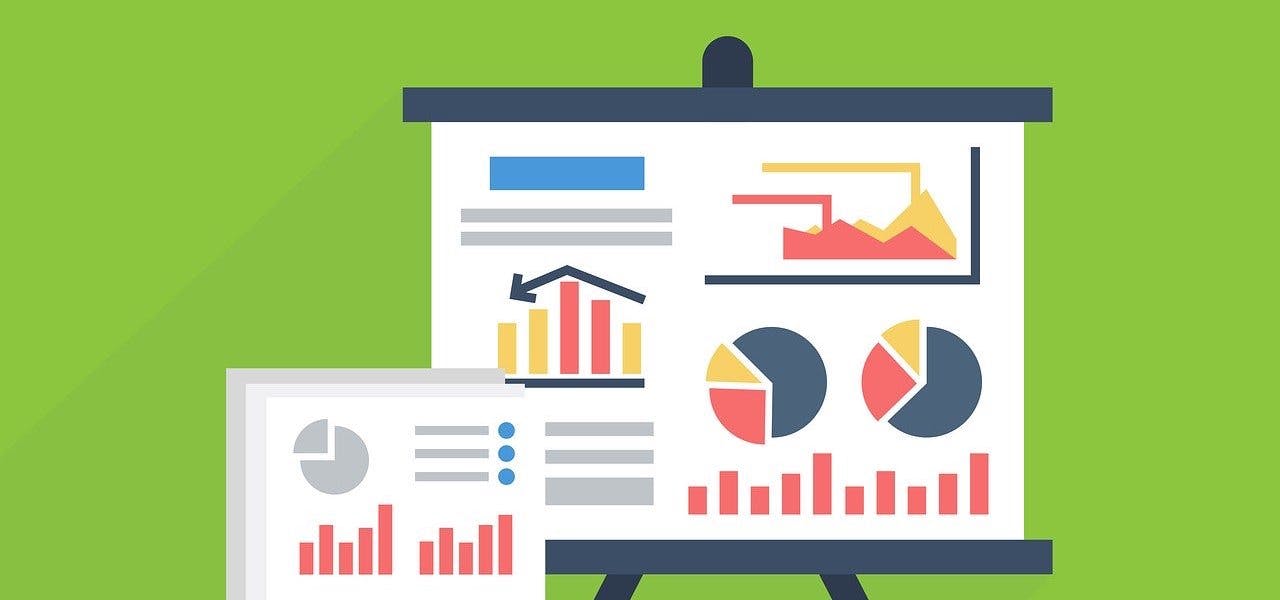The purpose of any research is to provide information to drive a societal or academic change. Because of this importance, it’s crucial that a researcher remain unbiased in the approach they use to get to the final outcome. They should plan in the direction of getting honest, accurate information, and then publishing that information accordingly as per the highest standards of ethics and integrity.
Sometimes, incentives are placed in the midst of this, somewhere between the beginning of a project and its publication. These incentives are offered for different reasons, but many times it’s to try to coerce the researcher into making their findings readily available to the public through open-source publishing instead of sending the work to traditional sources of publications, such as journals with a limited readership.
The Advent of Open-Source Publishing
Data sharing information through open-source publishing has been controversial in the world of academics. However, the advent of this digital publishing medium has many benefits that have shaped the course of research for the better.
For instance, the ability to archive findings through electronic data allows people to access research and knowledge that would otherwise have been unavailable, difficult to find, or obsolete.
Moving to electronic publishing over the paper counterpart has the added advantage of being eco-friendly in a time when the impact of everything on the environment is at center stage. Over one billion dollars annually can be saved by researchers turning to open-source, digital output rather than paper journals and articles.
The ability to access information almost immediately and as thoroughly as possible also gives researchers the ability to increase their productivity. Work is done faster when researchers can get answers to their questions timely and then move on to the next step in their project. This doubles the projects that are able to be completed annually, and the ability to access information from a worldwide source broadens the scope of which projects can be worked on.
Still, as of recent studies, less than half of all research data is openly shared, and of that percentage, only a small portion were shared openly without limitations, restrictions, or fees.
Incentivizing Readily Available Data
When researchers communicate their findings to the public, they don’t always get the prestige that comes hand-in-hand with having a publication in a well-known journal. But there are other ways that these researchers are incentivized to publish through open-access or other avenues that offer the data to a wider audience.
One of these incentives is the carrot of visibility. When more people read your work, you have a wider audience that recognizes who you are. This can put you in the spotlight amongst your peers and public readers. Extra visibility can garner the attention of funders who recognize your name and your work and are willing to back future projects for you.
Another advantage of enhanced visibility is the increased potential to drive societal policymaking in your field. If these policymakers consider you an expert in the subject area because your name is more visible, you may be able to influence how a policy is formed.
More incentives to open access and readily available publishing include higher citation counts, more collaboration between peers with interdisciplinary research efforts, and a wider network of associations.
These incentives aren’t usually financial, although some industries and corporations may offer monetary perks to entice a researcher to publish their findings in a particular way. But the non-financial incentives can lead to prestige, which consequently leads to more monetary funding.
Make Your Data Available With Impactio
Whether you choose to go the traditional publishing route through a journal or article publication, or you want your data to be readily available through open sources, you still need a platform to put your work together. This job is easier when you put everything together with Impactio.
Impactio’s all-in-one platform allows expert scholars to quickly insert their work into a template and create charts, graphs, and tables to display data. When the information is ready, it can be turned into a professional PDF document or a web page that can transition into open access profile seamlessly.
From publishing your work to following its impact with citation indicators to engaging in a professional network of other community members, Impactio does it all. It’s the tool you need for every research project so you can get back to doing what you love to do: making a change in the world.
